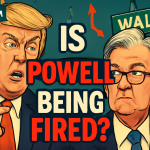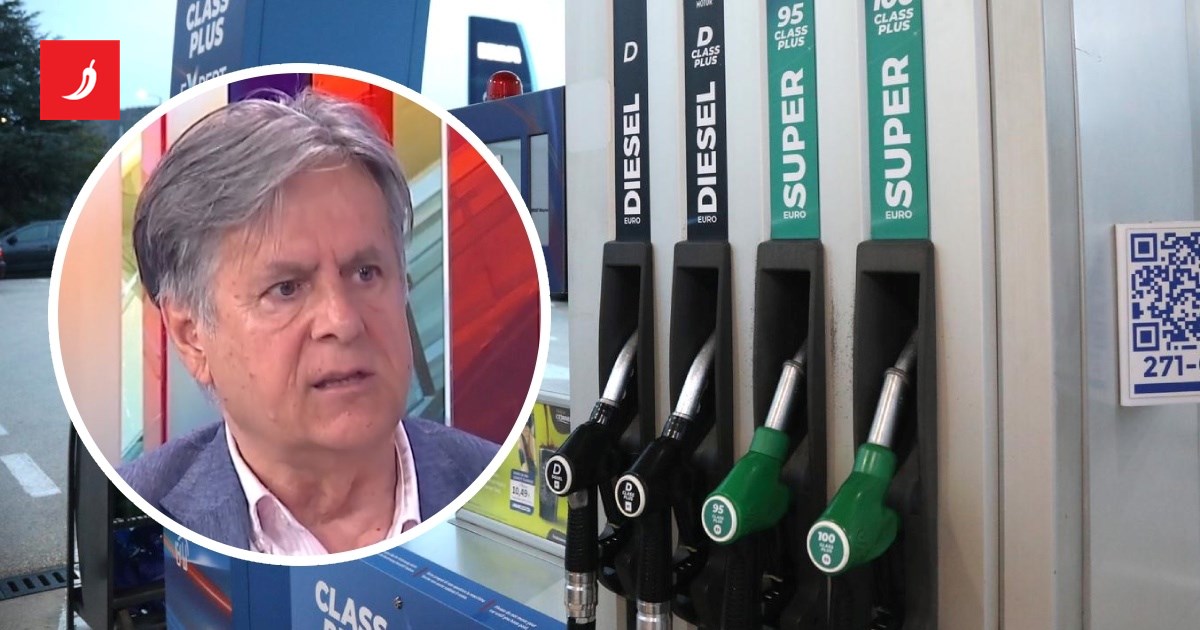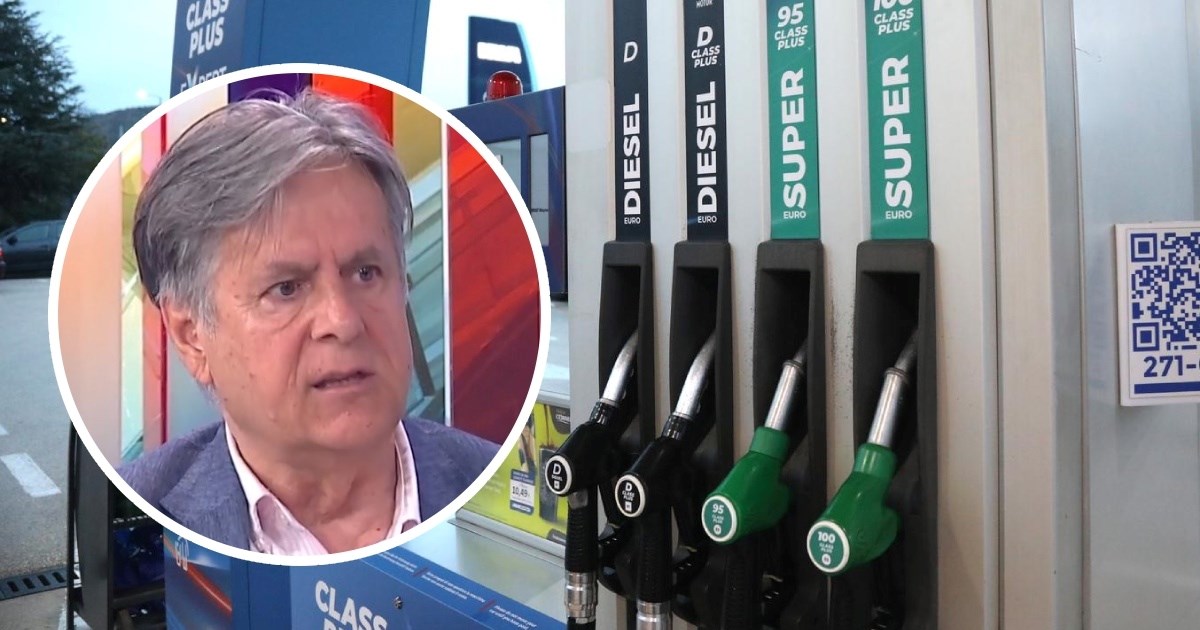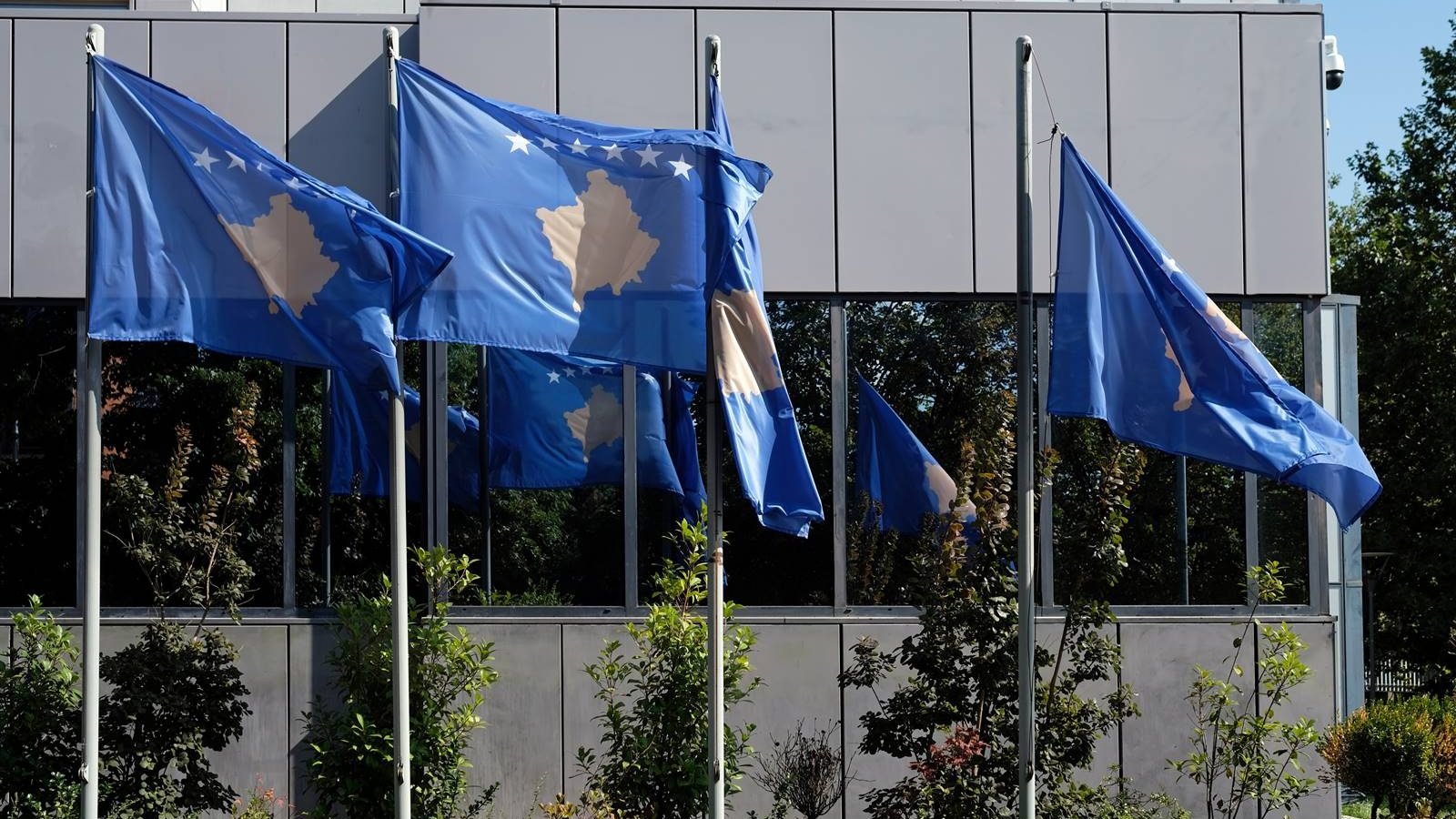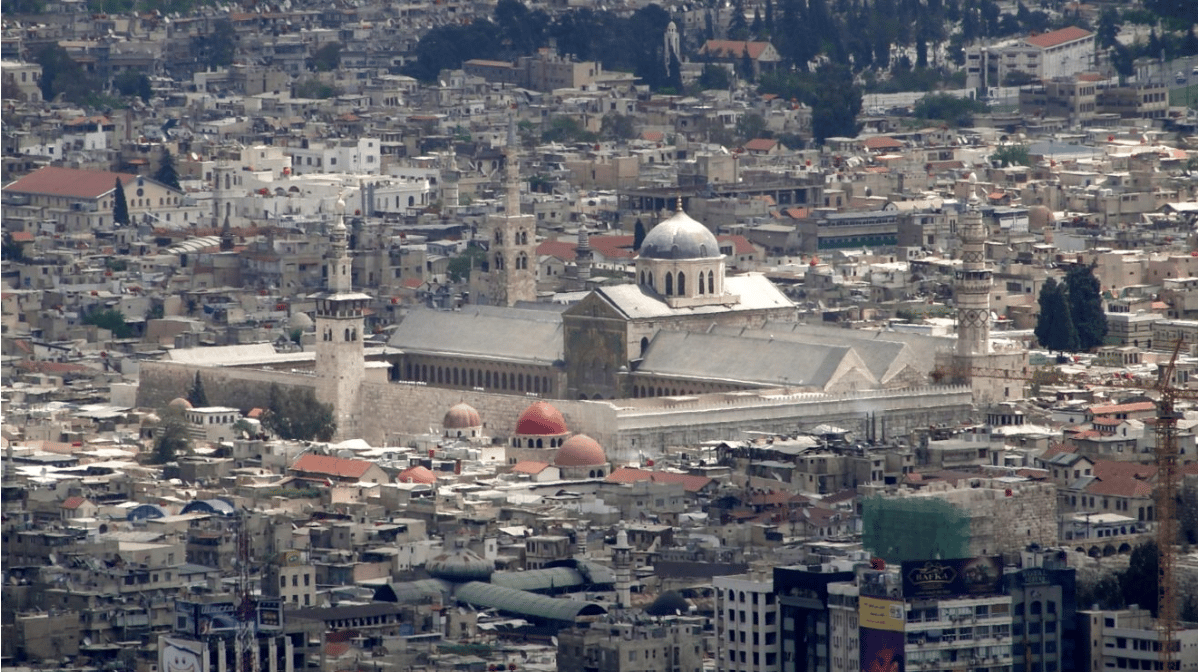Government Abandons Fuel Price Regulation: Is This the End of a Policy That Helped No One?
The Croatian government has made a shocking decision – it will no longer issue decrees setting the maximum retail prices for petroleum products. Yes, you read that right! After years of regulating fuel prices every two weeks, that era is over. But did this policy even make sense?
Economic analyst Damir Novotny doesn’t hold back. He claims the government’s decision to intervene in the market and cap fuel prices was a complete mistake from the start. No other government in the European Union did this, except Croatia and Hungary. And what did we get? Nothing! The goal to help households was not achieved. Instead of helping those who truly need it, help was given to everyone – those who can pay, those who overconsume, and those who cannot pay.
Oil prices today hover around $65 to $70 per barrel, similar to the American and European markets. So, there is no justification for this measure. Novotny says this was a political proclamation, introduced to show the government was doing something, and now it’s repealed because oil prices stabilized. But this is not true market deregulation, as the government did nothing to increase competition in the fuel market.
Worse yet, the fuel market in Croatia is highly concentrated – about 65 to 70 percent of the market is controlled by just two companies, INA and MOL. This means market mechanisms don’t work properly. The government should have acted to break up this concentration, but it didn’t. Private gas stations have an insignificant market share, so we can’t expect prices there to be much different.
How does Croatia compare to its neighbors? Fuel prices in Croatia were slightly lower than in the surrounding countries but still among the highest in Europe, especially compared to Italy. Slovenia and Austria did not intervene, and their prices are similar to Croatia’s. In Bosnia and Herzegovina, prices are somewhat lower due to lower tax burdens, while in Serbia, the government also intervened, so prices are somewhat lower there.
The conclusion? The government tried to help citizens but made a mistake from the start. Now it has abandoned regulation but has done nothing to make the market more competitive. Until that happens, we will continue to pay high fuel prices while only two big players dominate the gas stations.
Is it time to finally break this monopoly and let the market breathe? Or will we remain trapped in a vicious cycle of political decisions that help no one? Share your thoughts – maybe it’s time for a revolution at the pumps!
Have fun, get mad, or agree – but don’t stay silent! Who do you think is to blame for high fuel prices? The government, the monopoly, or something else?






